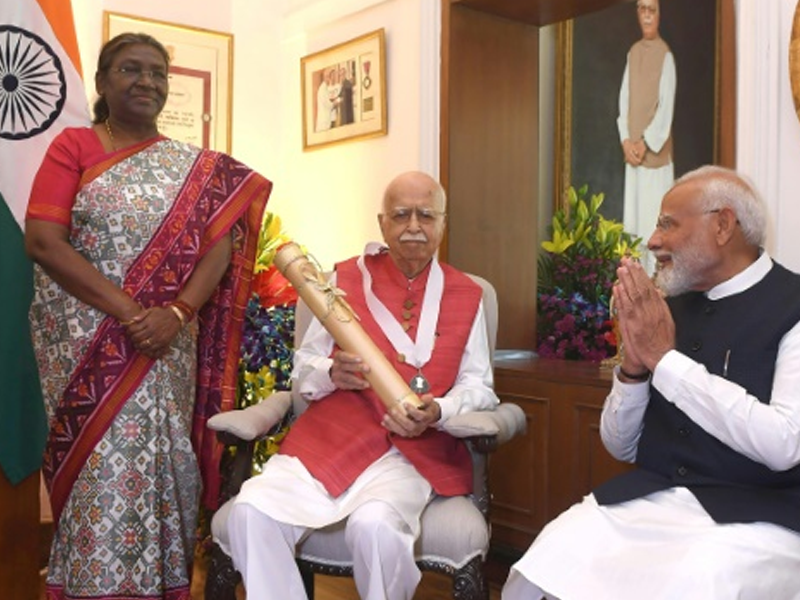
India's prime minister praised Sunday the "pivotal role" of the firebrand leader credited with propelling Hindu nationalism into a dominant political force, after he was awarded the top civilian honour.
Lal Krishna Advani, 96, a co-founder of the ruling Hindu-nationalist Bharatiya Janata Party (BJP) -- which hopes to win a third term in general elections beginning April 19 -- was accorded India's Bharat Ratna medal.
"His honour is a recognition of his enduring contributions to our nation's progress," Prime Minister Narendra Modi said on X, formerly Twitter, where he posted a photograph of him clasping Advani's hand after the white-ribboned medal was put around his neck.
Advani was the lodestar of a movement dedicated to championing the rights of the majority religion in the officially secular country, and his stewardship carried it from society's fringes to the levers of state power.
In 1990, he was a key figure in the campaign to build a temple to the deity Ram in the northern city of Ayodhya, which opened in January to popular Hindu celebrations.
The temple was built on the site of a centuries-old mosque whose destruction by Hindu zealots in 1992 sparked sectarian riots that killed 2,000 people nationwide, most of them Muslims.
"His dedication to public service and his pivotal role in shaping modern India have left an indelible mark on our history," Modi added.
"I am proud to have got the opportunity to work with him very closely over the last several decades."
Read also: India opposition unites over pre-election arrest, blames PM Modi
Nearly a billion Indians will vote to elect a new government in six-week-long parliamentary elections, the largest democratic exercise in the world.
Analysts see Modi's re-election as a foregone conclusion, partly due to the resonance of his assertive Hindu-nationalist politics.
President Droupadi Murmu, who awarded the medal, called Advani a "doyen of Indian politics" and praised him for his "long and tireless struggle for India's cultural regeneration".
Advani was born to a merchant family in 1927, at a time when British rule of the Indian subcontinent was reaching its twilight, and in his teens joined the Rashtriya Swayamsevak Sangh (RSS), a right-wing group dedicated to championing Hindu culture.
Years spent building up the group's network eventually spurred him into parliament where he represented the RSS's political wing.
When prime minister Indira Gandhi suspended the constitution in 1975, fighting back efforts to force her resignation, Advani was one of many opposition lawmakers arrested.
Released a year and a half later, within weeks he was appointed information minister when Indira's government was voted out. He then set about unwinding the culture of media censorship imposed during the state of emergency.
Read: BJP’s politicisation of religion
But little bound the fractious coalition together beyond opposition to the administration it replaced, and it soon fell apart over ideological differences, partly because Advani and other lawmakers refused to renounce their RSS affiliations.
Out of office, Advani co-founded the BJP in 1980 as a vehicle to expand the beachhead for Hindu nationalism in parliament.
The BJP steadily gained support as the country's stalled economy helped fuel increasing outbreaks of religious violence.
Unrest peaked in the early 1990s in a dispute over the Babri Masjid, a 16th-century mosque built during Mughal empire rule.
Advani joined the nascent campaign to build a new temple at the site, touring the country in 1990 atop a truck refashioned to resemble a chariot.
Religious riots broke out around the country in the wake of the procession, leading to Advani's arrest, a move that precipitated the downfall of the government and substantial BJP gains in the next year's elections.
Advani remained a mainstay of India's politics for another two decades, but his only campaign of similar consequence was his patronage of Modi, the man who would eventually succeed him.























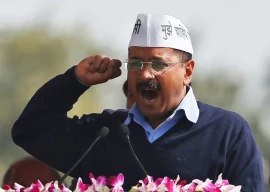

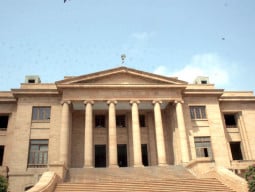

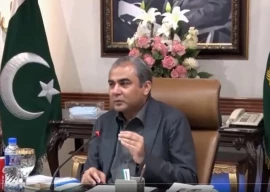











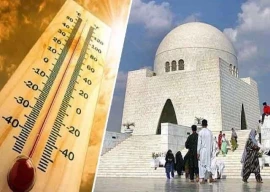
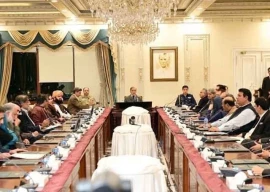
-(1)1714378140-0/AliAminMaryam-(4)-(1)1714378140-0-270x192.webp)

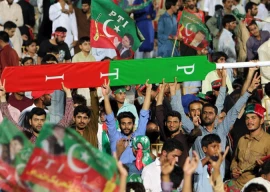






COMMENTS
Comments are moderated and generally will be posted if they are on-topic and not abusive.
For more information, please see our Comments FAQ